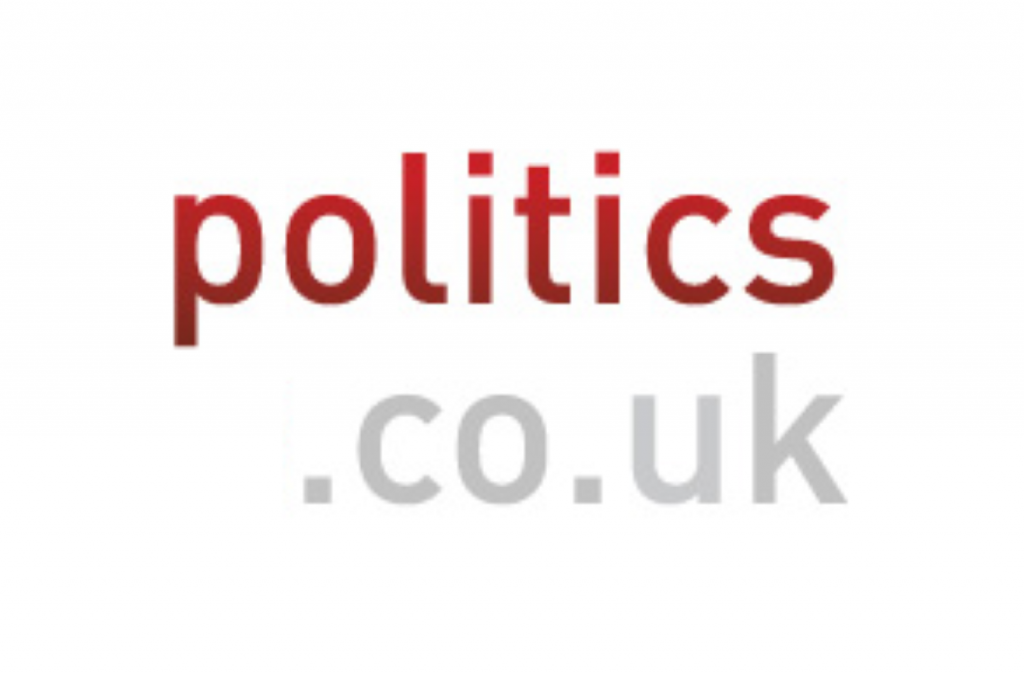Crime stats turn agenda to law and order
Labour decided to focus on law and order on the day that the Home Office released figures showing that violent crime rose by nine per cent in the last quarter of 2004. This included a ten per cent rise in crime involving firearms, although overall crime fell by five per cent over the same period.
Insisting that all measures show that crime had dropped, Prime Minister Tony Blair admitted that “for many people in many communities, it doesn’t feel like that”.
Mr Blair also claimed that violent crime had not in fact risen, insofar as recorded crimes now included “low level” violent crimes, such as brawls after pub closing. He nevertheless pledged to introduce a Violent Crime Reduction Bill to tackle gun and knife crime within weeks of a general election, and to consult on banning replica and imitation hand guns


Speaking on a local radio programme, Ms Atkins – PPC for Staffordshire Moorlands – stated: “It is our policy to review the system. We are scrapping the present system because it is regressive”, contradicting the Prime Minister’s insistence that Labour’s position was not yet decided (full story).
She later took back the comment, insisting “our policy is not to scrap council tax but to retain and reform it.”
The Conservatives focused their attention on help for home buyers. Their final tax cutting proposal today was a pledge to raise the stamp duty threshold to £250,000 – meaning half a million house buyers a year would not have to pay stamp duty.
The Liberal Democrats have already promised to increase the threshold to £150,000, while the Government raised it to £120,000 in their last Budget.
“It’s time we stopped using people’s homes as a means of raising taxes by stealth”, Conservative leader Michael Howard declared (full story).
The Liberal Democrats focused on education, emphasising the party’s policy of abolishing tuition fees.
Lib Dem leader Charles Kennedy also hit out at Labour over top-up fees, declaring, “there is nothing more nauseating in public life to observe than the sight of Labour MPs… trooping through the division lobbies, in clear breach of a promise given in a manifesto they were elected on in the last general election, to pull up the ladder of opportunity behind them” (full story).
In Northern Ireland, Ian Paisley’s Democratic Unionist Party launched their manifesto. Of the major parties in the province, only Sinn Fein is yet to publish its election programme, and this is expected next week (full story).












